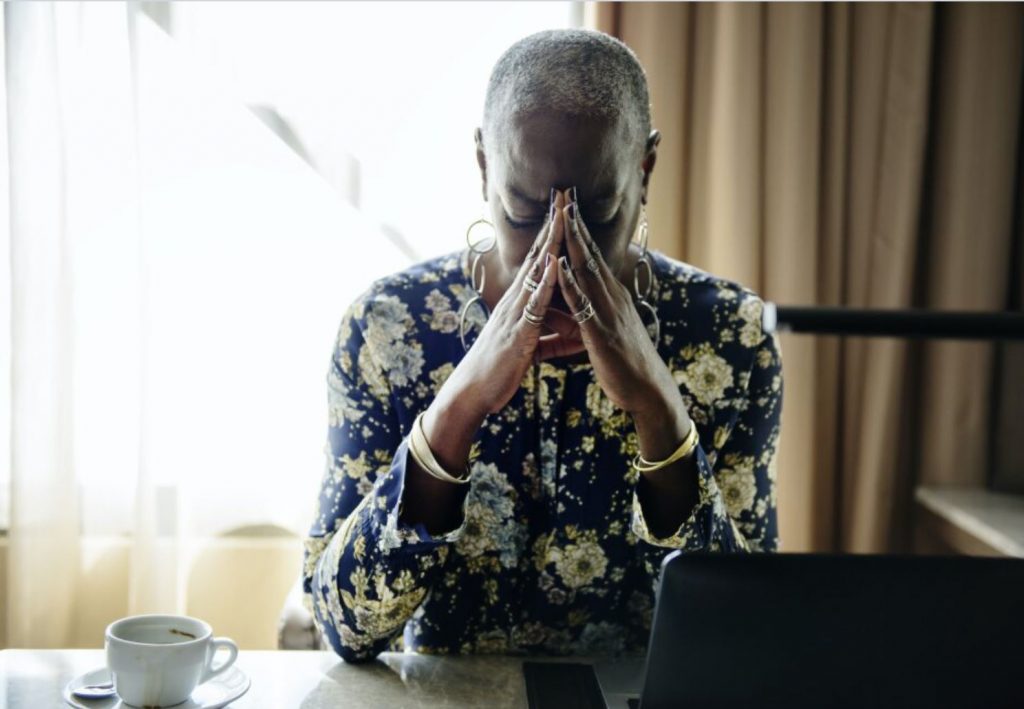
Black Retirement Distress
The Retirement Crisis Facing Black Americans
Long-standing income and wealth disparities along with low savings rates have endangered retirement readiness for millions of elderly Black Americans, who still haven’t recovered from the devastating impact of the 2008 housing crash. The coronavirus pandemic has worsened an already bleak outlook.
“We are using all of our money to maintain life,” says Rene Nourse, vice chair of the Association of African American Financial Advisors in Washington, D.C. “Some of us don’t have extra money to build up worth.”
The major retirement crisis facing African Americans involves many issues including:
- Income and wealth disparities.
- Historically low homeownership.
- Low savings rates and a lack of participation in the stock market.
- Heavy dependence on Social Security benefits for retirement income.
- Lack of legacy planning and generational wealth.
Income and Wealth Inequity
Black families generally have lower incomes than white families, which makes it more difficult to save for retirement. In the Federal Reserve 2019 Survey of Consumer Finances, white families had median and mean family wealth of $188,200 and $983,400, respectively. The median and mean wealth of Black families is less than 15% that of white families, at $24,100 and $142,500, respectively.
“We are paid less than our counterparts for the same job. That creates disparity out of the gate because you have less discretionary income,” says Eric Bailey, a certified financial planner and founder of Bailey Wealth Advisors in Silver Spring, Maryland. “Without discretionary income, it becomes difficult for people to save and accumulate wealth.”
Low Homeownership Rates
Homeownership among Black Americans has declined to levels not seen since before the passage of the Fair Housing Act in 1968, a major concern among economists and financial planners. Chief among the long-term concerns is the impact this Black homeownership trend will have on the already grim outlook for African Americans and their preparation for retirement. According to the Federal Reserve Bank of St. Louis, 76% of white Americans own a home, compared to 46% of Black Americans. Black homeownership rates have declined since 2001 to levels not seen since the 1960s, according to the Urban Institute.
Low Savings Rates and Stock Market Participation
Black Americans often don’t participate in retirement accounts at work and then don’t get the advantage of stock market growth. Only 44% of Black Americans have retirement savings accounts, with a typical balance of around $20,000, compared to 65% of white Americans, who have an average balance of $50,000, according to the Federal Reserve. And only 34% percent of African Americans own any stocks or mutual funds, compared to more than half of white people.
“What wealth (Black people) have is tied up in homeownership,” says Ted Daniels, founder and president of the Society for Financial Education and Professional Development, Inc. in Alexandria, Virginia. “So, when there’s a downturn in the housing market, they will get hit the hardest.” That explains why Black Americans still have not fully recovered from the 2008 housing crash and recession.
Investing even a small amount in a 401(k) plan or IRA can help you to accumulate wealth over time. “Stop being scared of the stock market,” says Nicolas Abrams, a certified financial planner and CEO of AJW Financial Partners in the Baltimore area. “The easiest thing to do is participate in your employer plan.”
Retired Black Americans Depend Heavily on Social Security
Those who don’t save enough for retirement often come to rely on Social Security. “If your only source of income is Social Security, it’s not enough to maintain someone,” Nourse says. According to the U.S. Social Security Administration, about 38% of minority beneficiaries rely on Social Security for 90% or more of their income, compared with 28% percent of white people.
Social Security benefits can be lower for African Americans because benefits are based on income and Black workers have historically earned less. “If the Black guy is making $50,000 and the white guy is making $75,000, the Black guy is going into retirement with a lower level of benefits,” Daniels says. “A greater number of African Americans are going into retirement with a lower level of benefits.” If Social Security will be your only major source of retirement income, it’s particularly important to take steps to increase your Social Security payments.
A Lack of Legacy Planning and Generational Wealth
It’s difficult to leave money to your children when you don’t have enough for your own retirement. “We do not have generational wealth,” Abrams says. “We don’t do the right thing to pass down to the next generation so they can build upon that.”
An estate plan can help make sure your money is left to the correct heirs. “Estate planning is the key,” Abrams says. “We’ve got to make sure we’ve got wills and trusts and make sure our assets are titled properly, without going through probate.”
Anyone close to retirement should sit down with a financial advisor to get a snapshot of their financial situation. “If you are struggling day-to-day working full time, you need to look at possibly putting off retirement,” Abrams says. “If you are in retirement and there is a shortfall, look for additional ways to earn income, including part-time work or cutting back on some expenses.”
However, even with all the disparities, there are still plenty of African Americans who are retired and enjoying their life. “It comes down to proper planning, setting goals and being realistic about what you are trying to achieve,” Abrams says.







